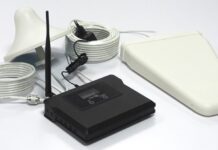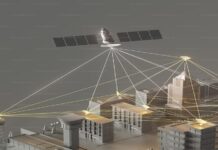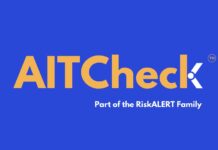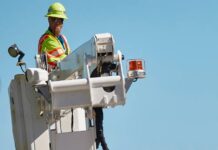When it comes to efficiency in a call center the key to it all is ensuring that as many calls are answered as possible. One surefire way in the modern age to have those calls ignored, is a failure to correctly add an authenticated caller ID. Call centers must be aware of the importance of adopting what we call STIR/SHAKEN, and today we are going to look into exactly why this is so critical.
What is STIR/SHAKEN?
Simply put, the STIR/SHAKEN protocol (Secure Telephone Identity Revisited/Signature-Based Handling of Asserted Information Using toKENs) are rules which have been set out by industry leaders which will add a new digital fingerprint to each call which is made. Each call will be assigned with this encrypted fingerprint.
Reasons For The Adoption of STIR/SHAKEN
There are two key behaviors which call centers wish to avoid, and they are illegal spoofing and robocalling. These two practices are always at the very top of the list of complaints which users make to the FCC ( Federal Communications Commission) based on the fact that it is seen as malicious and an invasion of privacy. For many years call centers used this approach owing to the speed by which it could make multiple calls, but the high level of complaints and the low answer rate means that it is time to change tact.
How Authenticating of Caller IDs Works
It is the responsibility of the service provider to authenticate any calls which are originated onto the network when using this function. There is what we call an attestation rating which is given to each call, which is predicated based on the confidence which the caller is entitled to, based on their experience, if any, with the customer. The service provider at the terminating end can then use this information in order to validate the original number. Within STIR/SHAKEN we see three levels of attestation which are able to be assigned:
Full Attestation (A)
With full attestation the service provider has authentication that they have a preexisting relationship with the customer, and they they are allowed to use the number they are calling from.
Partial Attestation (B)
In the case of partial attestation we see that the service provider has in fact been able to authenticate the relationship with the customer who is making the call, yet they are not able to fully verify that the same customer has the authorization to use the number which they are calling from.
Gateway Attestation (C)
And finally we have Gateway Attestation which sees a number fully authenticated from the customer, yet no there is no relationship with the caller. In many cases we see this occur when a call has been received via an international network.
It is critical that more call centers adopt authenticated caller IDs in order to provide a better and more efficient service for its customers, and a less troublesome one too.




















